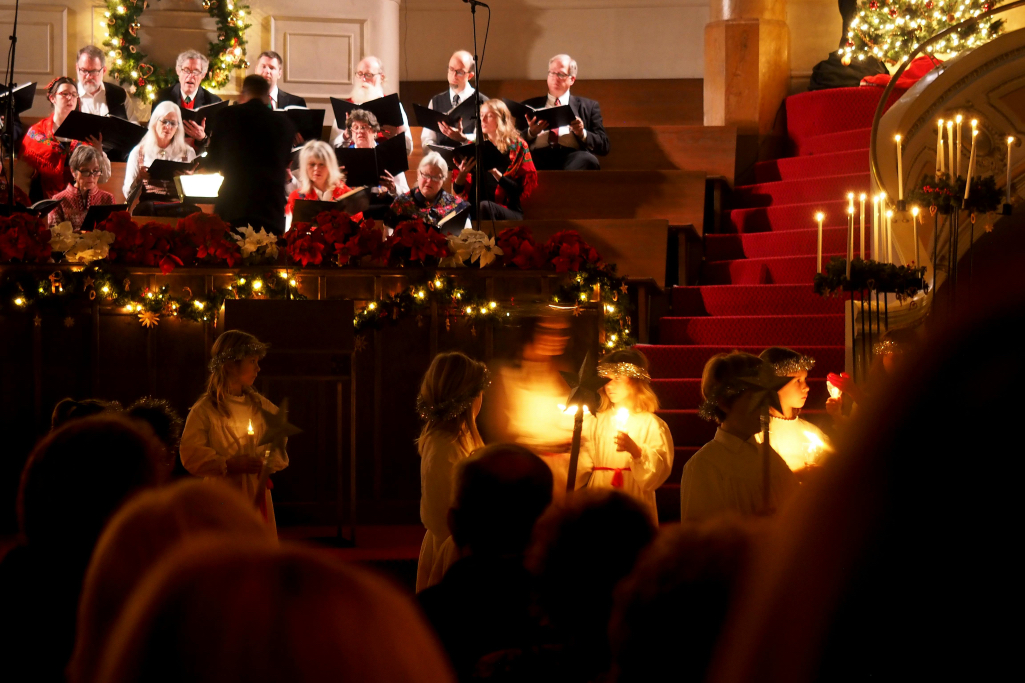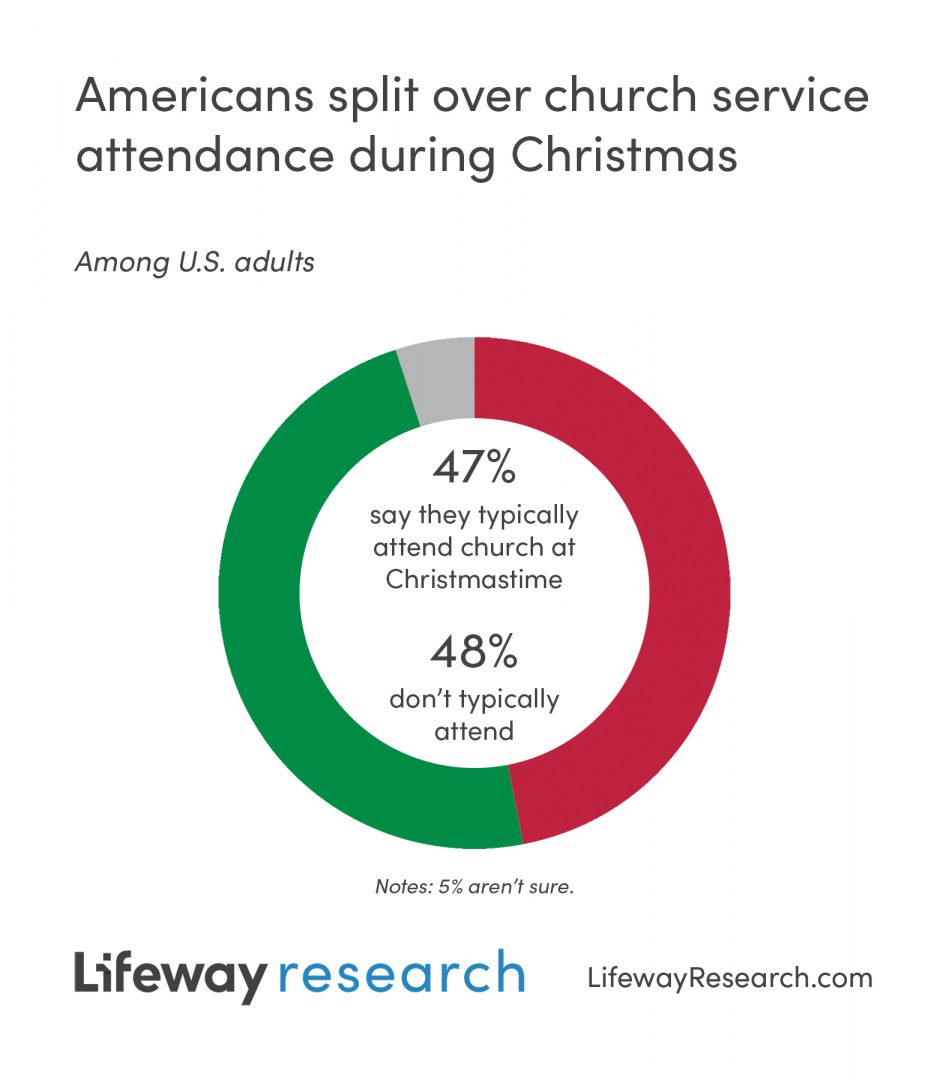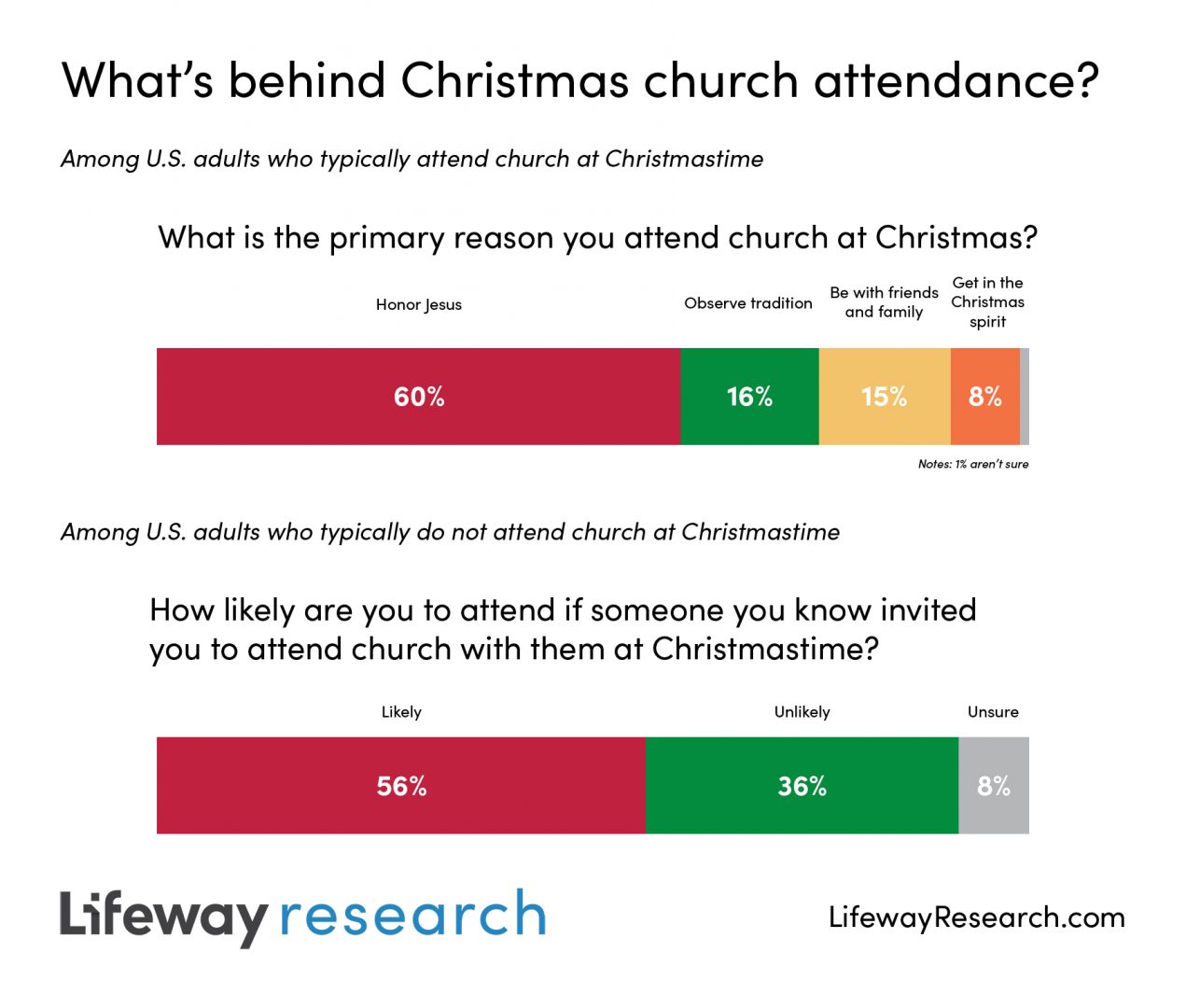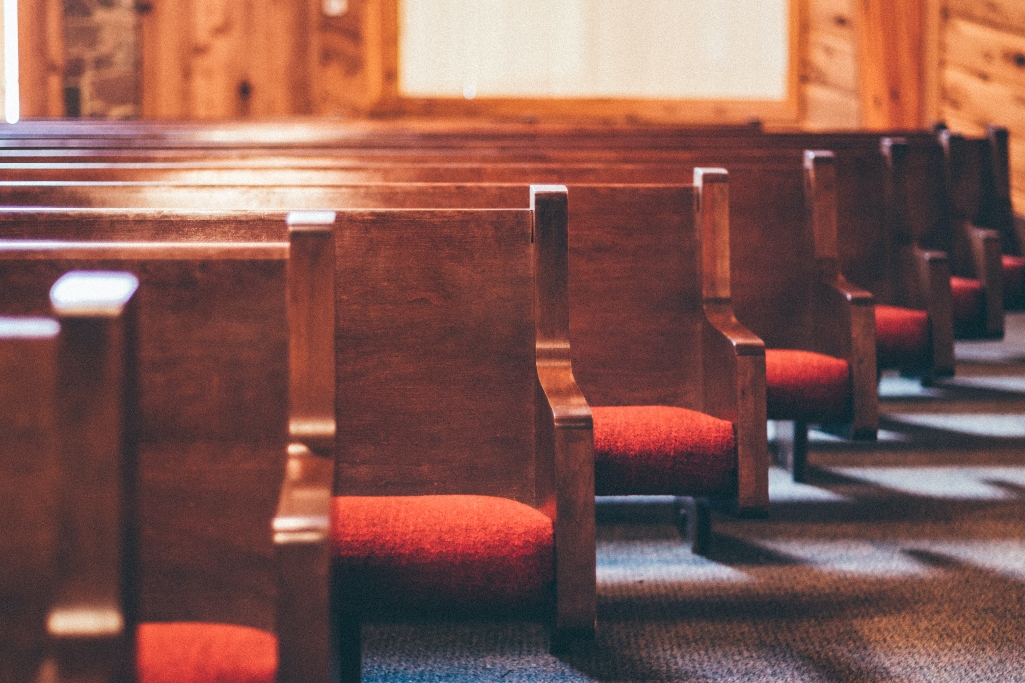
BRENTWOOD, Tenn. (BP) — As Americans make their Christmas plans, slightly less than half say they usually attend a church service during the holiday season.
A Lifeway Research study finds U.S. adults are split on whether they’ll be at church sometime this Christmas — 47% say they typically attend church at Christmastime, while 48% say they do not, and 5% aren’t sure.
“The very name ‘Christmas’ originates in the church’s celebration of Jesus Christ’s birth,” said Scott McConnell, executive director of Lifeway Research. “In the mid-14th century, the words ‘Christ’s Mass’ were first merged as a single term for this celebration. While 9 in 10 Americans do something to celebrate Christmas, less than half typically attend church at Christmastime today.”
Christmas churchgoers
Pastors plan for larger crowds during the Christmas season. In 2023, Lifeway Research found U.S. Protestant pastors say they usually plan four events or activities to help their churches celebrate Christmas. Around 4 in 5 pastors (81%) say Christmas is one of their three highest attendance worship services, according to a 2024 Lifeway Research study. Specifically, 28% say Christmas draws the most people to their church. During the season, churches see more people at their Christmas Eve service than other worship services, according to a 2022 Lifeway Research study.
This Christmas season, 47% of Americans say attending church is part of their usual holiday traditions, but some are more likely to show up than others.

Unsurprisingly, those who attend church most often are most likely to be there for Christmas. Christians who attend a worship service more than once a week (95%) are the most likely to say they typically attend this time of year.
Protestants (57%), Catholics (56%) and those from other religions (53%) are more likely than the religiously unaffiliated (21%) to report usually attending a church service. The religiously unaffiliated are the most likely to say no (71%). Those with evangelical beliefs are also far more likely than those without such beliefs to show up to church during Christmas (72% vs. 40%).
Most of those attending church at Christmastime say they do so primarily because of their faith. Three in 5 (60%) of those who typically attend church during this season say they do so to honor Jesus. Fewer say their church attendance comes from a desire to observe tradition (16%), to be with family and friends (15%) or to get in the Christmas spirit (8%). Few (1%) aren’t sure.
“While church services draw more people in the Christmas season, their prime motivation isn’t unified,” McConnell said. “The majority are drawn to celebrate the birth of Jesus, honoring Him as the Christ or promised Messiah. But others mostly join in because of the importance of family, their embrace of Christmas church tradition or to jumpstart Christmas vibes.”
Christians who attend church less often are more likely to say their Christmas attendance comes from tradition. Those who rarely or never attend (22%) and those who attend once or twice a month or only on religious holidays (27%) are more likely than those who attend about once a week (10%) and those who attend more than once a week (6%) to say they show up to observe tradition.
Americans with evangelical beliefs are more likely than other Americans to say they attend services to honor Jesus (74% vs. 53%). The religiously unaffiliated are the most likely to say they attend to be with family and friends (42%) and to get in the Christmas spirit (21%).
Potential Christmas churchgoers
Those who don’t typically show up at Christmas may simply be waiting on an invitation. Most (56%) say they would likely attend church if someone they know invited them to attend with them at Christmas time, including 17% who are very likely. Around a third (36%) say they’re unlikely, including 24% who are very unlikely. Another 8% say they’re not sure.
“More than 1 in 8 Americans are convinced they would not attend a Christmas service if an acquaintance invited them,” McConnell said. “However, the majority of Americans who do not typically attend church at Christmastime say they probably would if they were invited by someone they know.
“But anticipating a positive response may not be the best motivation for a churchgoer to invite people to a Christmas service. A different motivation in the chorus of an African American spiritual appeals to everybody: ‘Go tell it on the mountain that Jesus Christ is born.’ This chorus suggests that the Hallelujah-inspiring good news of Jesus being born is reason enough to tell it on the mountain or on the city wall.”

Catholics (71%), Protestants (65%) and Americans of other religions (58%) who don’t typically attend during Christmas are more likely than the religiously unaffiliated (40%) to say they’re likely to attend a service if invited. The religiously unaffiliated are the most likely to say they are unlikely to attend if invited (55%).
Christians who already attend church at least occasionally are more likely to show up this time of year if invited. Christians who attend a worship service about once a week (76%) and those who attend once or twice a month or only on religious holidays (69%) are more likely than those who rarely or never attend (52%) to say they’re likely to show up if invited.
Christmas invitations also may be effective for women (61% say they’re likely to attend), Hispanics (72%), those in the Midwest (65%) and Northeast (60%) and those with evangelical beliefs (69%).
Older Americans who don’t typically attend aren’t looking for an opportunity to start. Those 65 and older (48%) are the most likely to say they are unlikely to go to a church service with a friend if invited during Christmas.
For more information, view the complete report and visit LifewayResearch.com.
Methodology
The online survey of 1,200 Americans was conducted Aug. 14-30, 2024, using a national pre-recruited panel. Quotas and slight weights were used to balance gender, age, region, ethnicity, education, religion and evangelical beliefs to more accurately reflect the population. The sample includes an over-sample of Americans with evangelical beliefs, providing additional reliability for breakouts of this group. Totals for all Americans reduce these responses to their correct proportion through weighting. The completed sample is 1,200 surveys. The sample provides 95% confidence that the sampling error from the panel does not exceed plus or minus 3.3%. This margin of error accounts for the effect of weighting. Margins of error are higher in sub-groups.
Christians are those with a religious preference of Catholic, Protestant, non-denominational Christian or Orthodox. Evangelical beliefs are defined using the National Association of Evangelicals Lifeway Research Evangelical Beliefs Research Definition based on respondent beliefs. Respondents are asked their level of agreement with four statements using a four-point, forced-choice scale (strongly agree, somewhat agree, somewhat disagree or strongly disagree). Those who strongly agree with all four statements are categorized as having evangelical beliefs. Those statements are:
- The Bible is the highest authority for what I believe.
- It is very important for me personally to encourage non-Christians to trust Jesus Christ as their Savior.
- Jesus Christ’s death on the cross is the only sacrifice that could remove the penalty of my sin.
- Only those who trust in Jesus Christ alone as their Savior receive God’s free gift of eternal salvation.
(EDITOR’S NOTE — Aaron Earls is a writer for Lifeway Christian Resources.)


